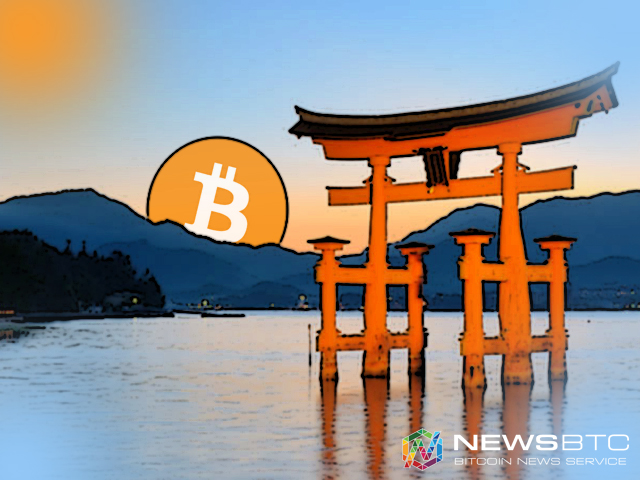🚨 Japan Forms Task Force to Regulate Cryptocurrency Exchanges 🚨

Japan is quite an interesting country when it comes to cryptocurrency. Its retail industry has taken a liking to Bitcoin over the past few months. Most of this momentum stems from the fact that the Japanese government legalized Bitcoin in April of this year. To make things more intriguing, the country’s Financial Services Agency will now work on further regulating cryptocurrency exchanges. This is an interesting move that will set a precedent for the rest of the world.
JAPAN WILL INTRODUCE MORE CRYPTOCURRENCY EXCHANGE REGULATION
The concept of regulating cryptocurrency exchanges is nothing new. Virtually every country in the world will impose some form of regulation for exchanges at one point or another. Some nations are well ahead of the curve, and it appears Japan is trying to set the tone. The country’s Financial Services Agency is currently looking to introduce additional regulation for cryptocurrencies.
The current plan is to set up a team of 30 government officials tasked with regulating virtual currency exchanges. There will also be a so-called chief of cryptocurrency monitoring. According to our latest information, that position will be filled by one Naoyuki Iwashita, a professor at Kyoto University. He is the former head of the Bank of Japan’s Fintech Center and will provide expert consultation. It will be interesting to see how things play out, as Japan has set a positive tone for the future of cryptocurrency.
Indeed, Japan’s efforts in fintech have been quite noteworthy. In April of 2017, the Financial Services Agency officially recognized virtual currencies like Bitcoin as legitimate forms of payment. In doing so, the local government set a precedent for the rest of the world. Japan had always been relatively quiet on the topic of Bitcoin up until that point, but things have taken a turn for the better ever since. Major retailers now accept in-store Bitcoin payments, for instance, and more services related to cryptocurrency will launch in the future.
Considering how this is brand-new financial technology, a cautious approach is more than warranted at this point in time. That will be the mindset of the new virtual currency regulation task group as well. Traditional business registration processes will not apply to Bitcoin exchanges per se, but it remains unclear what new form of regulation the government will introduce. We do know that Coincheck is the first exchange to have been fully certified under the new rules, although they did not specify which new requirements the company had to adhere to.
Most of the regulatory changes will pertain to Japanese customers first and foremost. Although most Japanese cryptocurrency exchanges accept international customers as well, the latter group does not appear to be of much concern to the government right now. It is certainly possible we would see more thorough Know Your Customer and anti-money laundering procedures moving forward. Additionally, the exchanges themselves may be asked to have minimum capital holdings and positive net assets, although those have not been confirmed requirements at this point.
In the end, this new regulation will be quite positive for cryptocurrencies in Japan. With Bitcoin already having gained legal status in the country, this new regulation will be mainly used to streamline the exchange process for domestic purposes. All of this goes to show that governments can have an open mind toward cryptocurrencies, although Japan is a very unique case.
Sounds fantastic!!
This post has received a 1.56 % upvote from @drotto thanks to: @banjo.
Congratulations! This post has been upvoted from the communal account, @minnowsupport, by Gacs from the Minnow Support Project. It's a witness project run by aggroed, ausbitbank, teamsteem, theprophet0, someguy123, neoxian, followbtcnews/crimsonclad, and netuoso. The goal is to help Steemit grow by supporting Minnows and creating a social network. Please find us in the Peace, Abundance, and Liberty Network (PALnet) Discord Channel. It's a completely public and open space to all members of the Steemit community who voluntarily choose to be there.